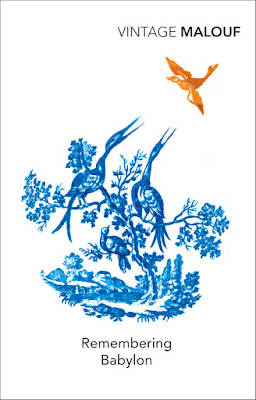Attending the Mildura Writers Festival through Writers in Action is actually a return
for me, because I took this subject last year. Why then, you may be asking, am
I taking the same subject twice?
Well, I truly loved it so much that it became one of the
– if not the – best university
experiences I’ve had. And though the subject and the framework are virtually
the same, the writers are different, the other students are different, and so
the experience will be different.
I also, when one of my lecturers proposed taking this
subject again, realised that I had unfinished business with the Mildura Writers
Festival, and that doing Writers in
Action would actually be a perfect way to address that. See, last year,
because it was my first time taking a subject delivered in a format like this,
I was so focussed on the assessment tasks related to the subject that I never
really uncoiled from that focus and relaxed. I enjoyed the festival immensely,
but I sensed it all through this very highly-strung filter. This year, now that I know
how the subject and the festival both operate, I can push the assignments out
of my head and just enjoy being around all these wonderful people and writers.
However, I will still be going in and observing the
events through a particular lens. This year I’ve been particularly interested
in the imaginative space or ride that a reader experiences with a narrative, in
which the author engages with the reader and conducts them through this alternate
universe born from the text and the reader’s own consciousness. As a result,
even though the text is always the same, this space is always unique to the
reader according to their particular quality of perception. A narrative in this
sense can encompass books, films, television shows, music, art pieces –
anything that serves to open up this alternate, fictional reality.
This year I’d like to investigate how the Writers
Festival interacts with this imaginative space. Because, as I allude to above,
I believe that even in reading groups, the act of reading is one performed
alone. To then superimpose such an activity upon an event defined by its group
setting and its interactivity is, I believe, like bringing all of these
different universes that each of us have formed with a text together and
learning something from other people. The same, I believe, can be said of life –
we each have a different experience, and when we come together and share those
experiences, we gain insight and knowledge that we could not have acquired by
ourselves.
Semester Two of this year is the final semester of my
degree, and I intend to go out on a high. As such, Writers in Action is the beginning of the end… and I couldn’t think
of a better way to start taking it all home.
Here’s to the exciting future!










